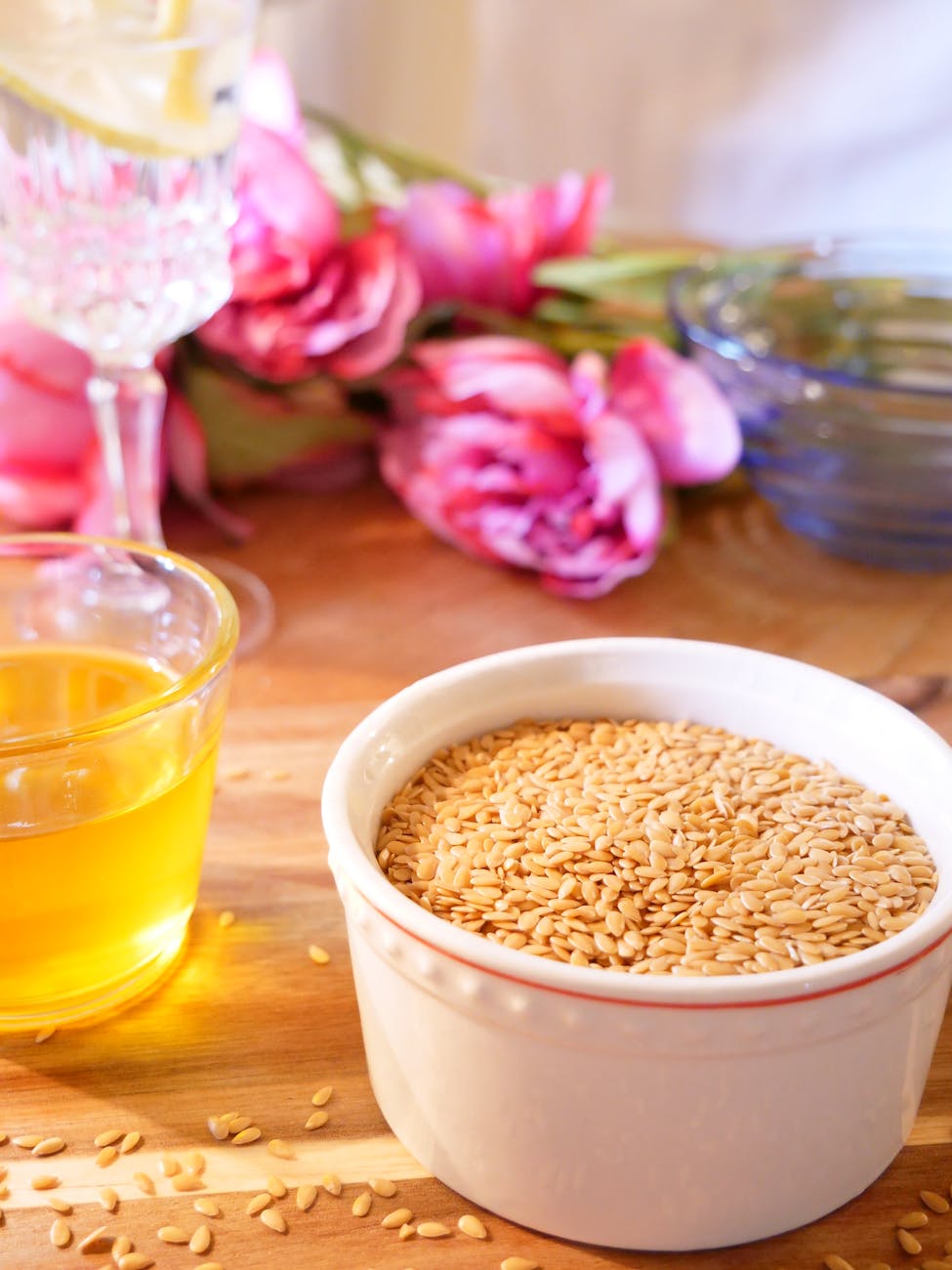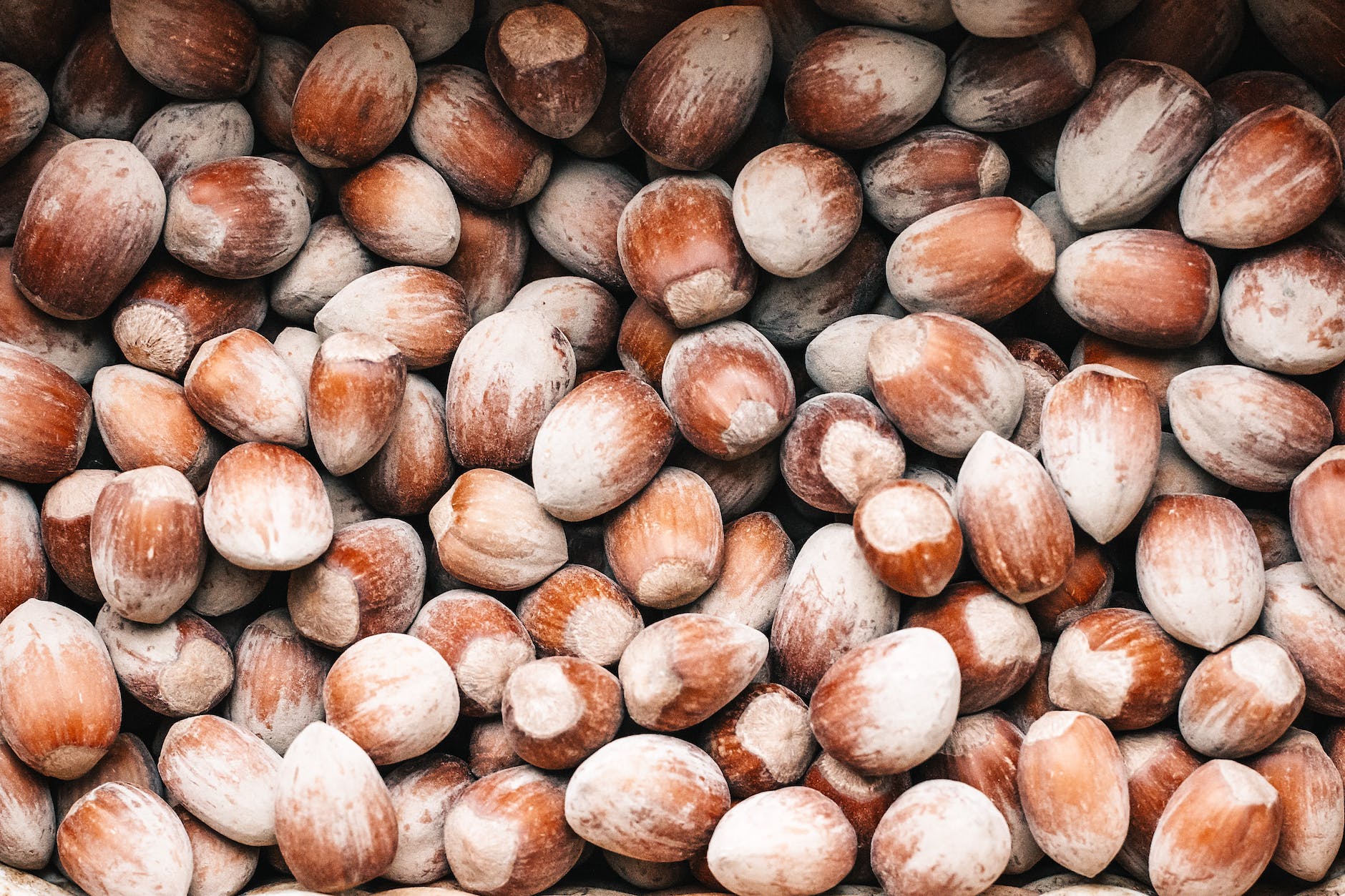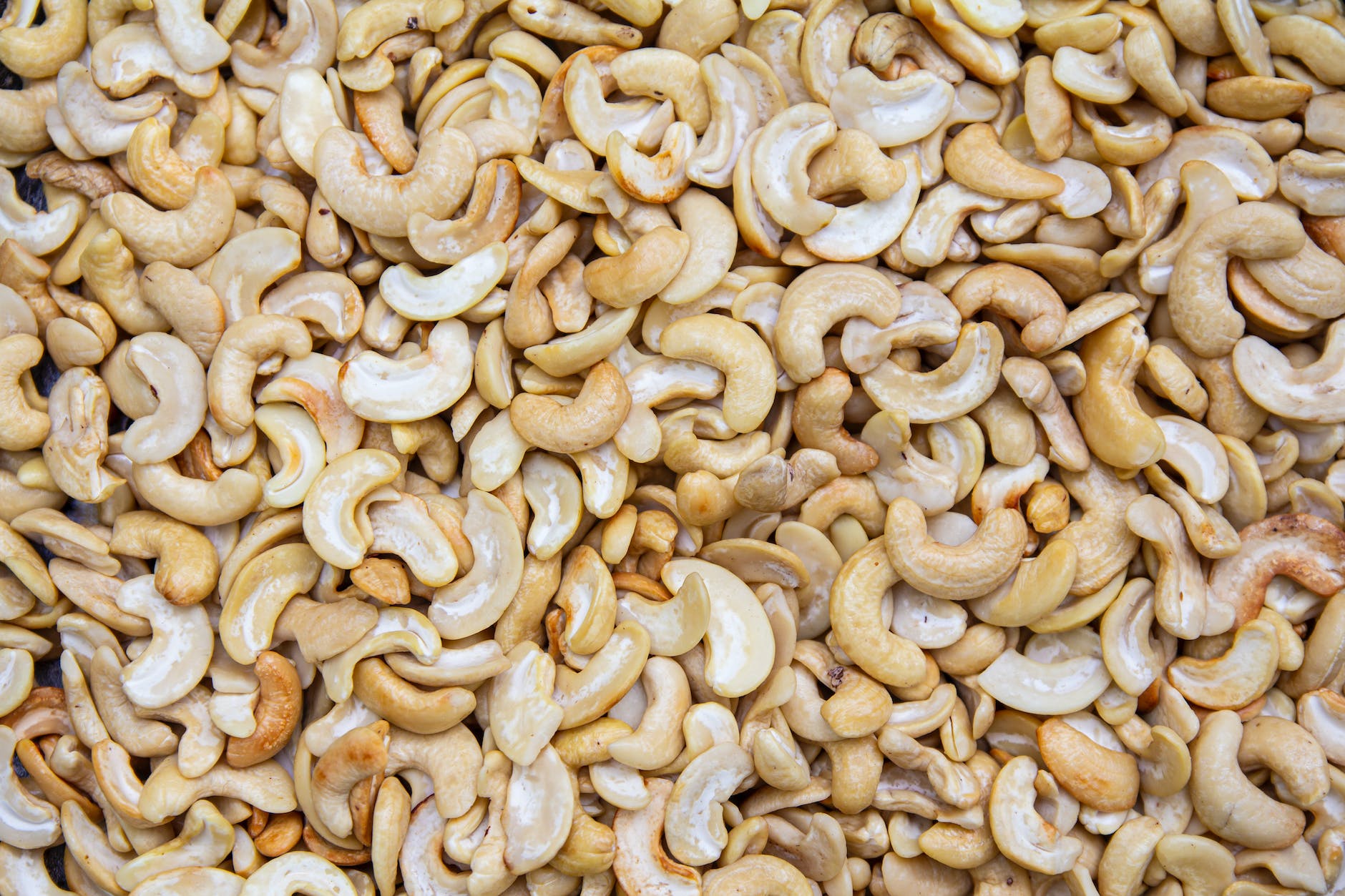
Hello, smoothie enthusiasts! 🍹
Are you ready to unlock the weight loss benefits of sesame seeds and add a delightful twist to your morning routine? Look no further! Sesame seeds are not only a popular ingredient in various cuisines but also a fantastic addition to your morning smoothies. These tiny seeds are packed with essential nutrients, including high-quality protein, fiber, healthy fats, vitamins, and minerals. By incorporating sesame seeds into your smoothie repertoire, you can boost your weight loss efforts while enjoying the unique nutty flavor and nutritional benefits they offer. So, let’s dive into five high protein morning smoothie recipes featuring the goodness of sesame seeds. Get ready to blend your way to a healthier and slimmer you! Let’s embark on this flavorful journey together! 💪
Why Sesame Seeds? The Nutritional Powerhouses
Before we explore the mouthwatering recipes, let’s take a moment to appreciate the incredible nutritional benefits of sesame seeds. Here’s why these seeds deserve a spot in your pantry:
- Protein Power: Sesame seeds are a great source of plant-based protein, making them an excellent addition to your weight loss journey. Protein helps keep you full, supports muscle growth and repair, and boosts your metabolism.
- Fiber-Rich: Sesame seeds are high in dietary fiber, which aids in digestion, promotes satiety, and helps regulate blood sugar levels. Fiber is a key component of a balanced weight loss diet.
- Healthy Fats: Sesame seeds are rich in healthy fats, including monounsaturated and polyunsaturated fats. These fats contribute to a feeling of fullness, support brain health, and provide essential fatty acids.
- Vitamins and Minerals: Sesame seeds are packed with essential vitamins and minerals, such as calcium, iron, magnesium, and zinc. These nutrients play crucial roles in various bodily functions and support overall well-being.
Now that we understand the incredible benefits of sesame seeds, let’s delve into the flavorful and protein-packed smoothie recipes that will help you on your weight loss journey.
1. Creamy Tahini Banana Shake 🍌
Indulge in the creamy goodness of a tahini-infused smoothie. Blend ripe bananas, unsweetened almond milk, a scoop of protein powder, a tablespoon of tahini (sesame seed paste), a sprinkle of cinnamon, and a handful of sesame seeds. This smoothie is not only rich in protein but also provides a delightful nutty flavor and creamy texture that will satisfy your taste buds and keep you satiated.
2. Chocolate Sesame Delight 🍫
Satisfy your chocolate cravings with this decadent and protein-packed smoothie. Blend unsweetened almond milk, a scoop of chocolate protein powder, a tablespoon of unsweetened cocoa powder, a handful of sesame seeds, a dash of vanilla extract, and a touch of your preferred low-calorie sweetener. This smoothie is a chocolate lover’s dream, combining the richness of chocolate with the nuttiness of sesame seeds for a guilt-free treat.
3. Green Power Sesame Shake 🍃
Elevate your green smoothie game with the addition of sesame seeds. Blend a handful of nutrient-packed spinach or kale, unsweetened almond milk, a scoop of protein powder, a tablespoon of sesame seeds, a squeeze of lemon juice, and a sprinkle of chia seeds. This green powerhouse smoothie is loaded with protein, fiber, vitamins, and minerals to support your weight loss efforts and provide a nourishing start to your day.
4. Tropical Sesame Splash 🏝️
Transport yourself to a tropical paradise with this refreshing and protein-rich smoothie. Blend a mix of tropical fruits such as pineapple, mango, and coconut milk with a tablespoon of sesame seeds, a squeeze of lime juice, and a handful of ice. This smoothie is a burst of tropical flavors and nutrients that will leave you feeling refreshed, satisfied, and motivated on your weight loss journey.
5. Vanilla Sesame Berry Bliss 🍓
Experience the harmonious blend of vanilla, berries, and sesame seeds in this delightful smoothie. Blend a mix of your favorite low-sugar berries, unsweetened almond milk, a scoop of protein powder, a tablespoon of sesame seeds, a dash of vanilla extract, and a touch of your preferred low-calorie sweetener. This smoothie is a perfect balance of sweetness, creaminess, and nuttiness, providing a protein-packed boost to support your weight loss goals.
Feel free to customize these recipes based on your taste preferences and dietary needs. Add a handful of greens for an extra nutrient punch, experiment with different fruits, or even sprinkle in some superfood powders like maca or spirulina for an added boost. Let your creativity soar, and make these smoothies your own! 👩🍳👨🍳
We would love to hear about your experiences, modifications, and your very own sesame seed smoothie creations. Share your thoughts and recipes in the comments below, and let’s inspire and support one another on our weight loss journeys while savoring the delightful benefits of smoothie experimentation. Together, we can create a community of healthy, happy, and protein-powered smoothie enthusiasts!
Here’s to a future filled with delicious and nutritious sesame seed-infused smoothies, successful weight loss, and the joy of discovering new flavors! Cheers to your health and well-being! 🥂













